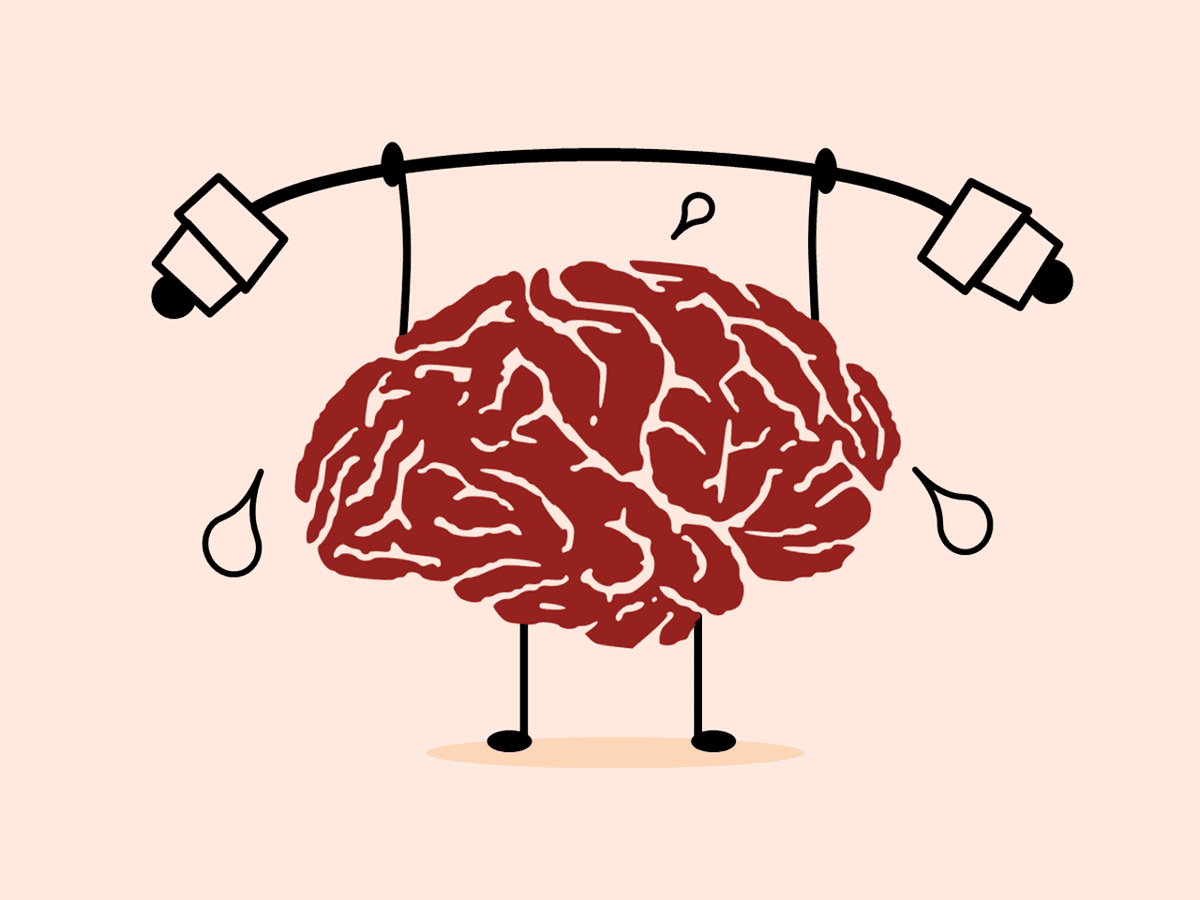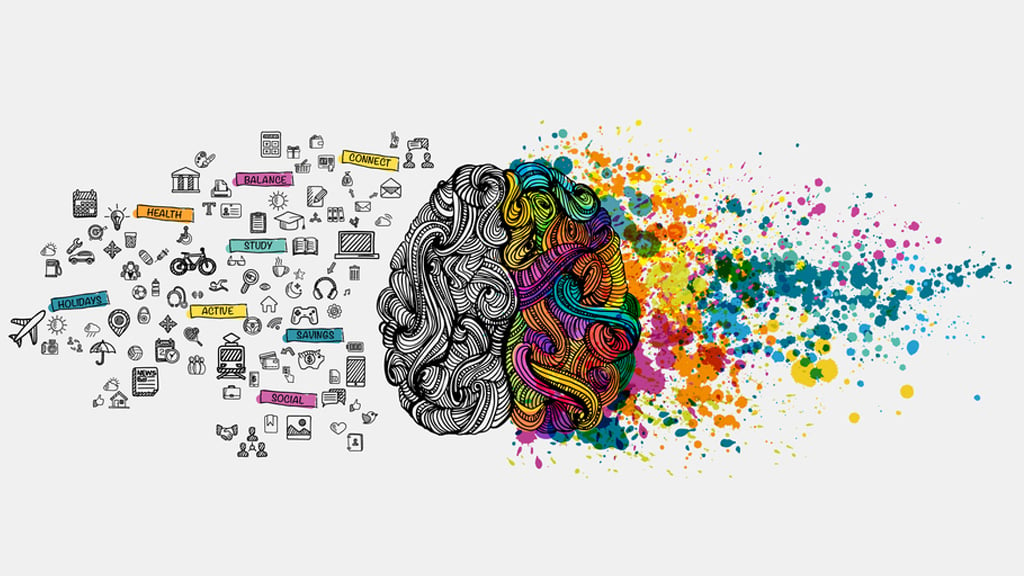Comprehensive Inpatient Mental Health Solutions for Effective Therapy
Inpatient psychological wellness solutions stand for an important part of the medical care system, offering a extensive and organized setting for individuals experiencing severe mental distress. Checking out the nuances of this continuum exposes significant implications for both private recuperation and more comprehensive psychological wellness outcomes.
Recognizing Inpatient Mental Health And Wellness Solutions
Inpatient mental health services provide vital assistance for individuals experiencing serious emotional distress that can not be managed properly in an outpatient setting. These solutions are developed to offer an intensive level of care in a structured setting, often within a hospital or specialized facility. Clients confessed to inpatient programs generally display intense symptoms, such as self-destructive ideation, serious depression, or psychosis, requiring round-the-clock tracking and treatment.
The admission procedure usually includes a detailed assessment by psychological health and wellness experts, that review the person's mindset, history, and prompt requirements. Once confessed, clients take part in a range of restorative methods customized to their certain demands, including medicine administration, specific therapy, and group sessions. This all natural strategy aims to maintain the patient's problem, promote safety, and foster coping skills.
Inpatient psychological wellness solutions not only address prompt wellness concerns yet also function as a bridge to recurring treatment. By giving a controlled setting, these solutions promote the growth of therapy strategies that can be continued in outpatient settings, therefore making sure a continuum of care and enhancing long-lasting outcomes for individuals with intricate mental wellness requirements.
Key Components of Effective Treatment
Efficient treatment in inpatient psychological wellness services makes up several key components that foster recovery and stablizing. Firstly, a thorough evaluation is vital to determine the person's particular requirements and obstacles. This analysis educates the development of a customized treatment strategy, which functions as a roadmap for treatment.
Another crucial element is the multidisciplinary team technique. Cooperation among psychiatrists, psycho therapists, registered nurses, and social employees makes certain that different viewpoints contribute to the client's care, improving the effectiveness of treatment. Evidence-based healing techniques, such as cognitive-behavioral therapy (CBT) and dialectical behavior modification (DBT), are additionally essential, supplying structured techniques that address maladaptive idea patterns and behavior issues.

Last but not least, a concentrate on aftercare planning is crucial to make sure a smooth transition to outpatient services, reducing the risk of relapse and promoting lasting wellness. These cumulative components develop an efficient therapy structure within inpatient mental health services.
Advantages of Comprehensive Care

Comprehensive treatment in inpatient mental health and wellness solutions provides numerous benefits that substantially enhance client outcomes. Among the key advantages is the all natural technique to therapy, dealing with not only the psychological symptoms however additionally the physical, social, and emotional requirements of clients. This extensive evaluation enables for customized interventions that advertise general well-being.
Another benefit is the integration of multidisciplinary groups, which promotes partnership amongst health care professionals. This joint setting guarantees that patients receive worked with care, decreasing the threat of fragmented therapy and improving interaction amongst caregivers. In addition, extensive care helps with continuity of solutions, permitting for smooth shifts from inpatient to outpatient setups, which is crucial for lasting recovery.

Last but not least, the structured environment of thorough inpatient care provides a secure room for patients to engage in healing tasks, helping them create dealing techniques and strength. Collectively, these advantages contribute to much more efficient treatment and boosted lifestyle for individuals experiencing mental health and wellness dilemmas.
Evidence-Based Therapeutic Methods
In the realm of mental wellness therapy, evidence-based therapeutic strategies play an important role in making certain that people receive effective and scientifically supported treatments. These strategies integrate the very best available research study with professional experience and client worths, promoting a customized treatment experience that addresses private requirements.
Cognitive Behavioral Therapy (CBT) is just one of the most extensively recognized evidence-based approaches, concentrating on identifying and changing unfavorable idea patterns and habits. This structured approach has actually shown efficiency in dealing with conditions such as ptsd, anxiety, and clinical depression. Likewise, Dialectical Behavior Modification (DBT) is especially reliable for people with borderline personality problem, highlighting the growth of psychological law and social performance skills.
In addition, medicine administration is typically an integral element of evidence-based treatment, as psychotropic medicines can alleviate signs and boost overall functioning. Collaborative care models, which involve multidisciplinary teams, additionally enhance the efficacy check over here of inpatient services by making sure detailed assessments and continual surveillance.
Inevitably, the integration of evidence-based healing techniques not only promotes positive medical end results however likewise empowers people, fostering a sense of firm and resilience in their psychological wellness journeys.
Transitioning to Outpatient Support
The transition from inpatient mental health and wellness solutions to outpatient support notes an important phase in an individual's recuperation trip. This period needs mindful planning and coordination to guarantee continuity of care and to reduce the risks of regression or situation. Effective discharge preparation must begin early in the inpatient remain, entailing a multidisciplinary group that includes psychoanalysts, psycho therapists, registered nurses, and social workers.
Key elements of an effective transition consist of the growth of a thorough aftercare plan customized to the person's details demands. This plan needs to lay out follow-up consultations, drug management, and restorative interventions, along with recognize community sources and support system that can assist in recurring recovery.
Additionally, individual and household education is important throughout this stage. Understanding the indicators of prospective obstacles and the value of adhering to treatment can empower people and their assistance systems.
Normal follow-up and reassessment of the outpatient strategy are vital to deal with developing obstacles. By fostering a collective relationship between outpatient and inpatient service providers, the chance of continual healing rises, inevitably improving the patient's lifestyle and minimizing the danger of readmission.

Final Thought
In summary, thorough inpatient mental health solutions offer a vital structure for addressing serious mental distress via a multidisciplinary method. By integrating evidence-based therapies, cultivating a structured atmosphere, and advertising family members participation, these solutions improve therapy performance. The emphasis on stability and the advancement of dealing skills not just aids in instant recuperation but likewise helps with a smoother change to outpatient treatment. Inevitably, such extensive treatment is essential for lasting mental health and wellness.
The admission procedure typically More Info includes a comprehensive analysis by psychological wellness specialists, that assess the person's mental state, history, and immediate demands.Efficient treatment in inpatient psychological wellness services comprises Inpatient Mental Health Facility numerous key parts that foster healing and stabilization.Extensive treatment in inpatient psychological wellness services offers many benefits that considerably boost client end results.The shift from inpatient mental wellness services to outpatient assistance marks a crucial phase in a client's recovery journey.In summary, extensive inpatient mental wellness services provide a vital structure for dealing with serious emotional distress via a multidisciplinary technique.